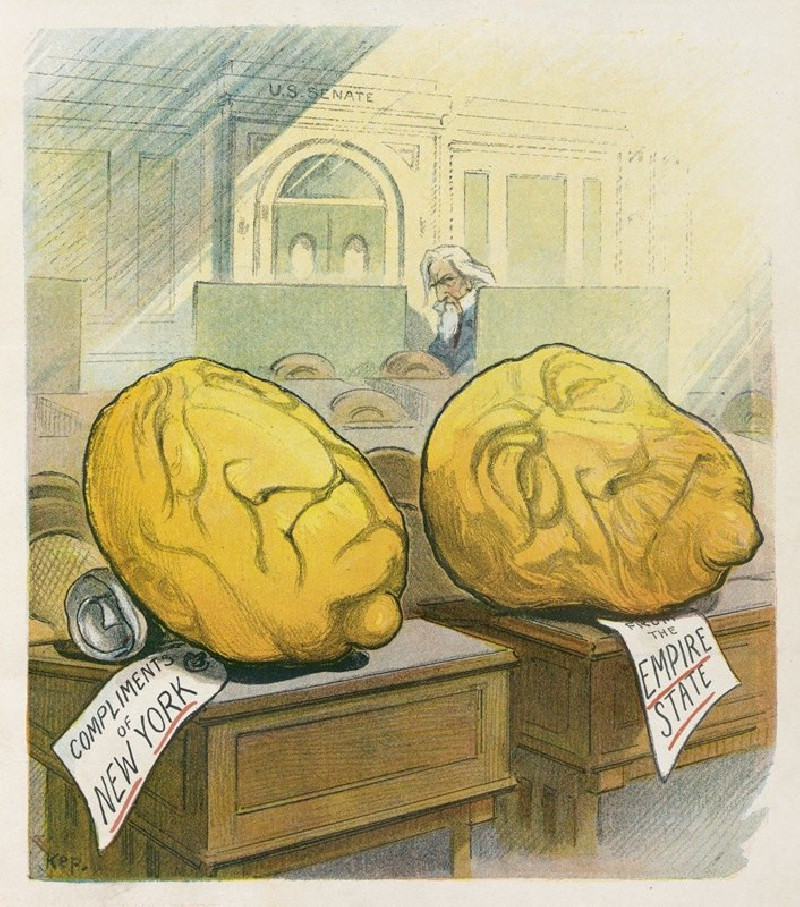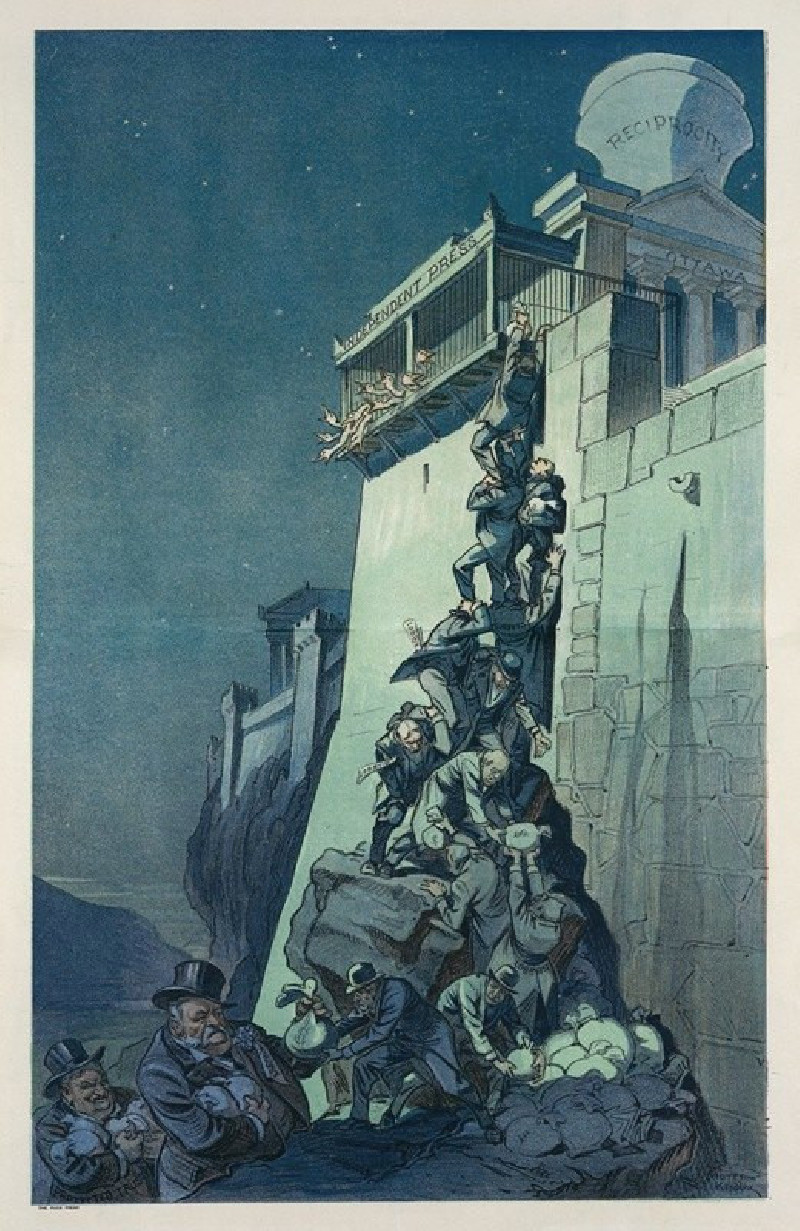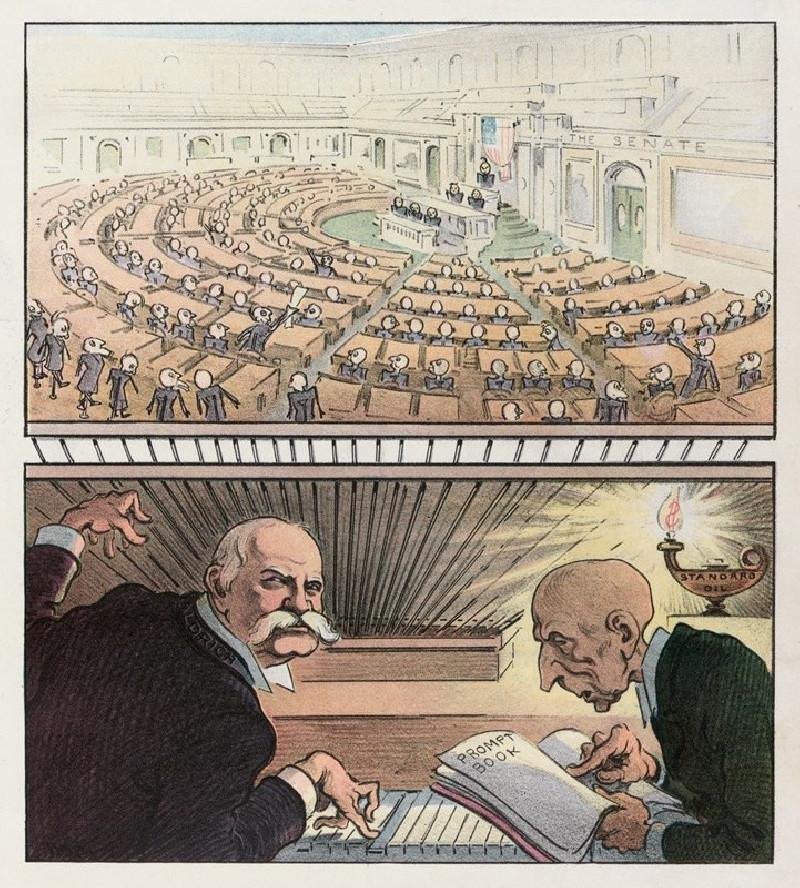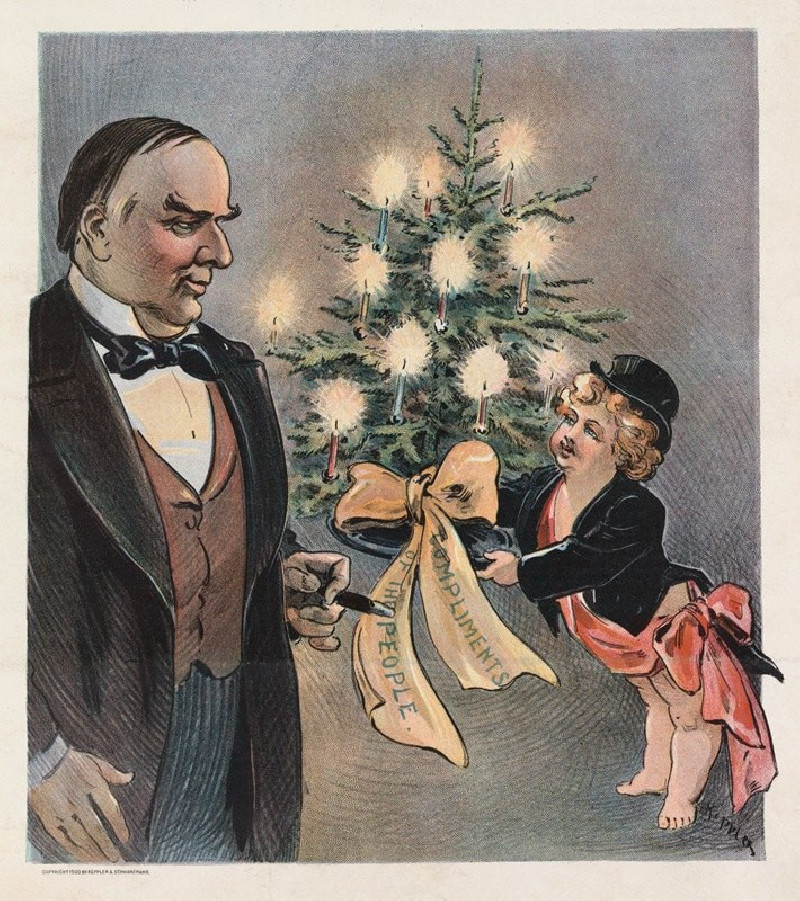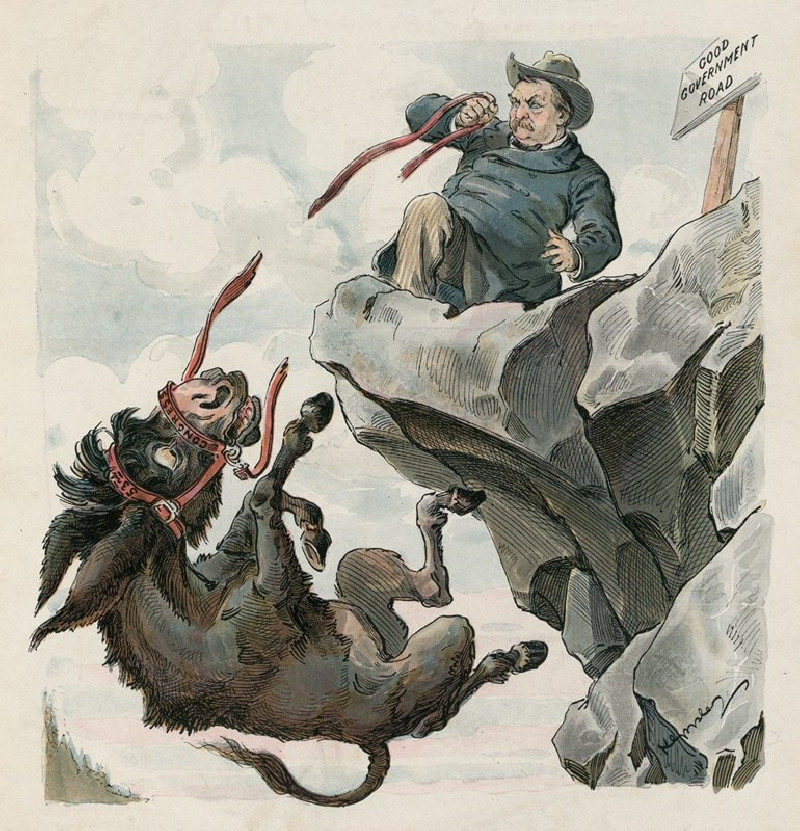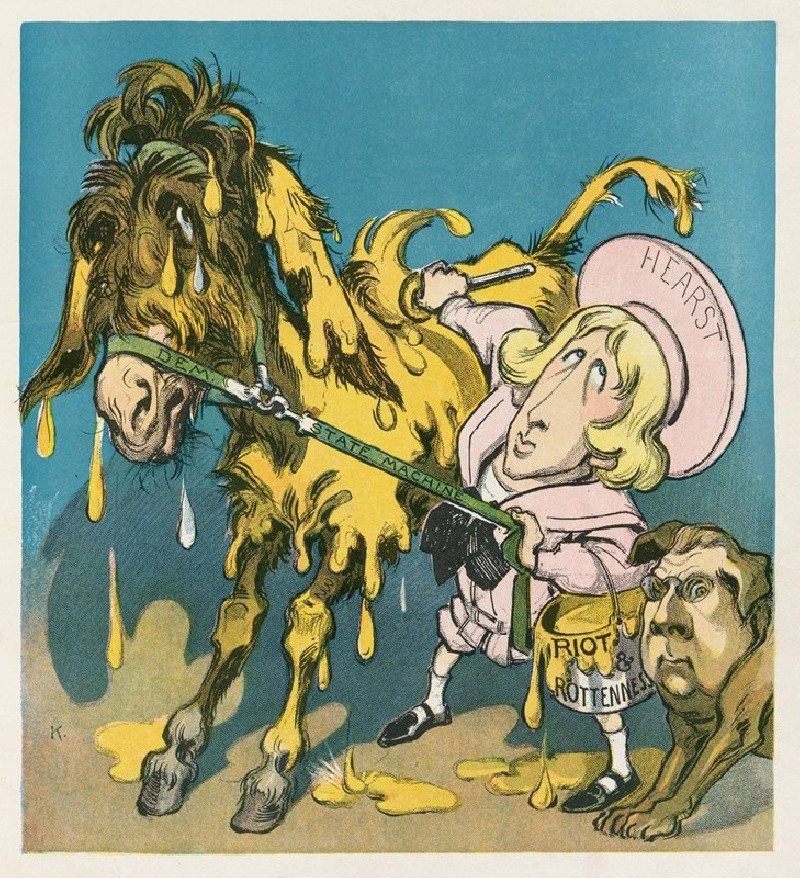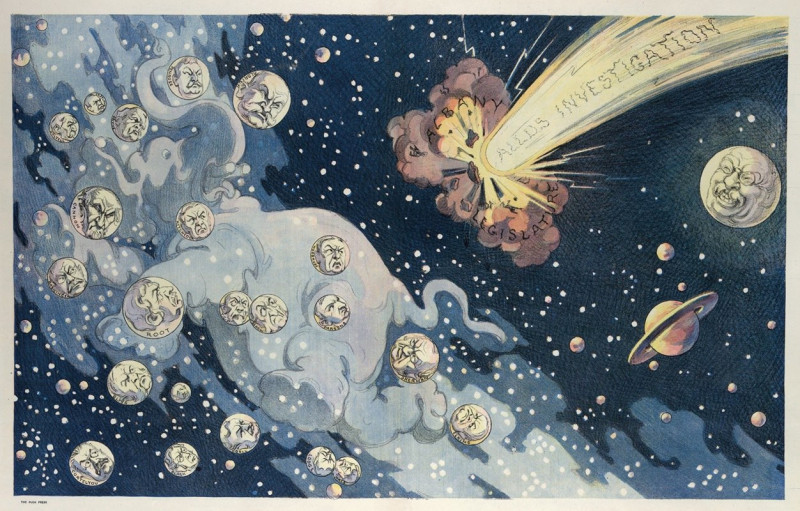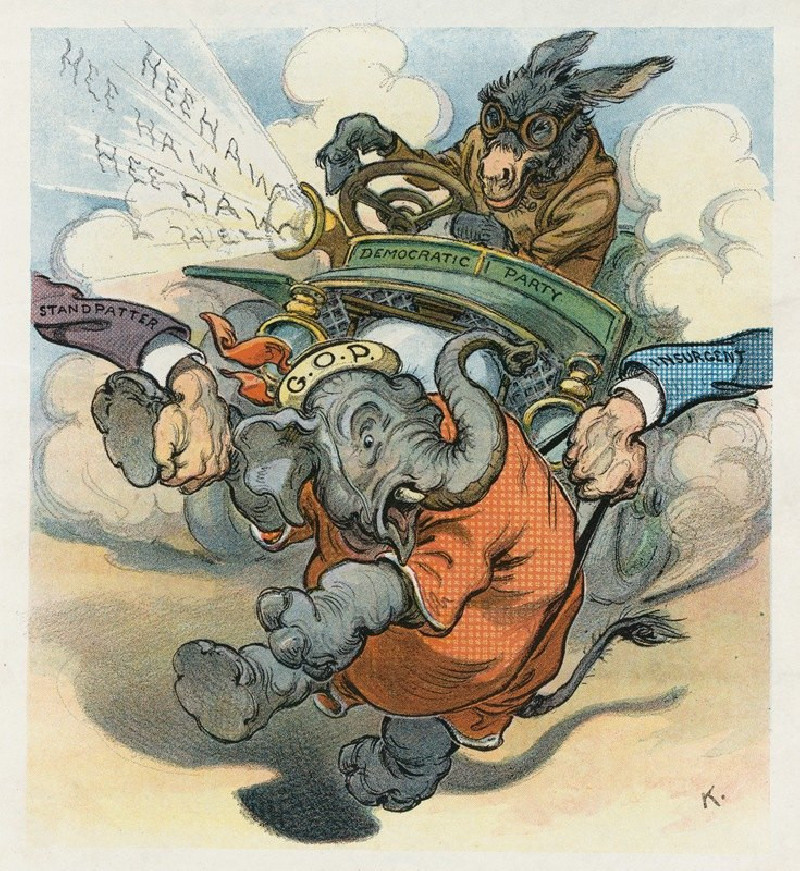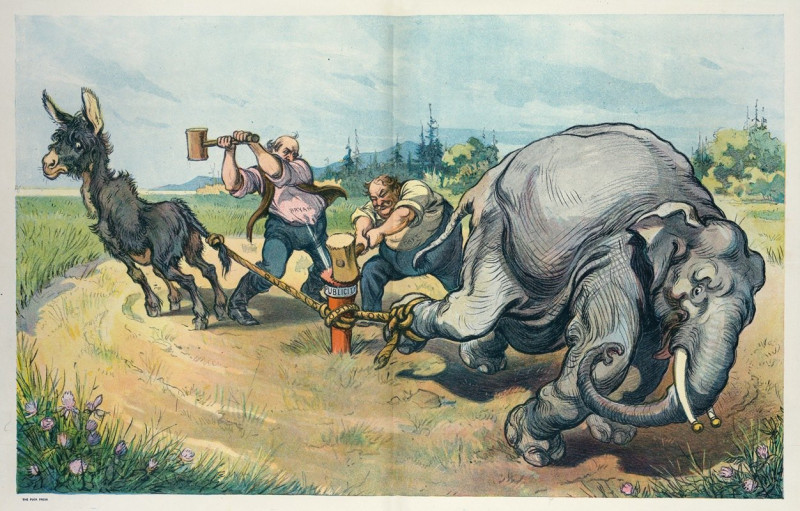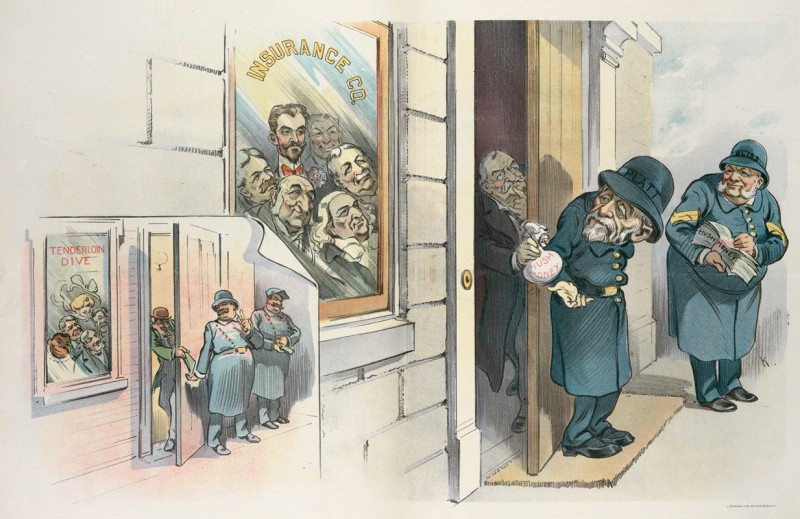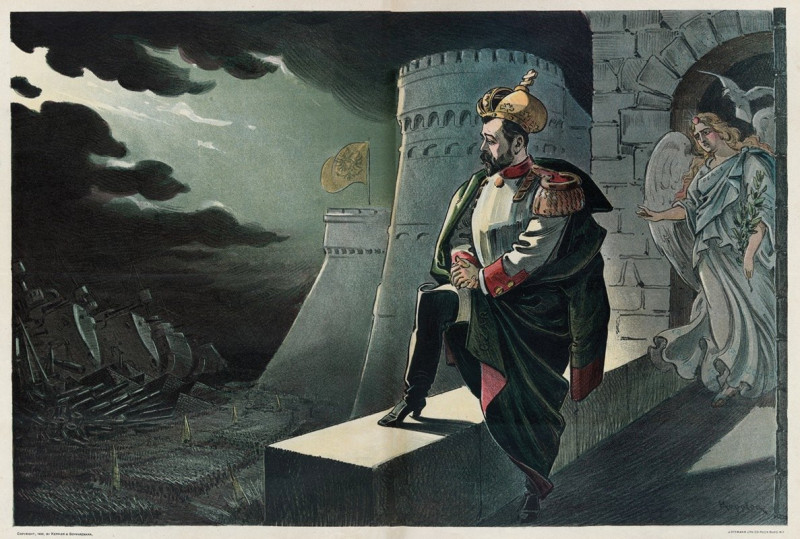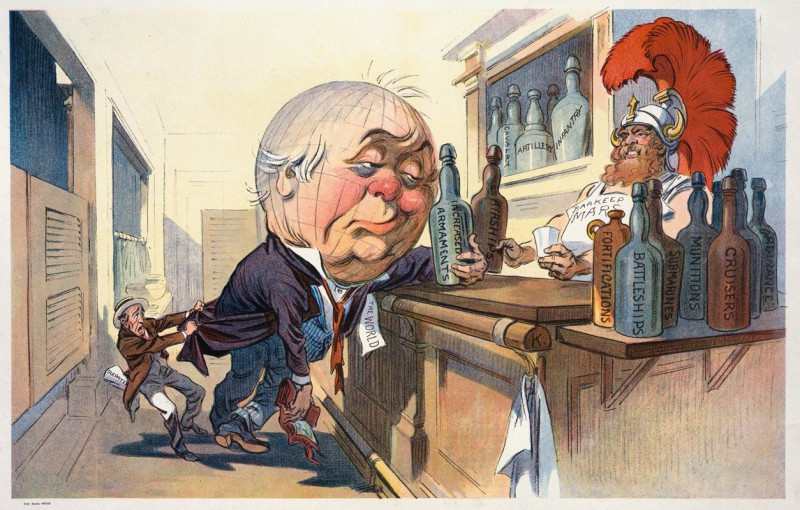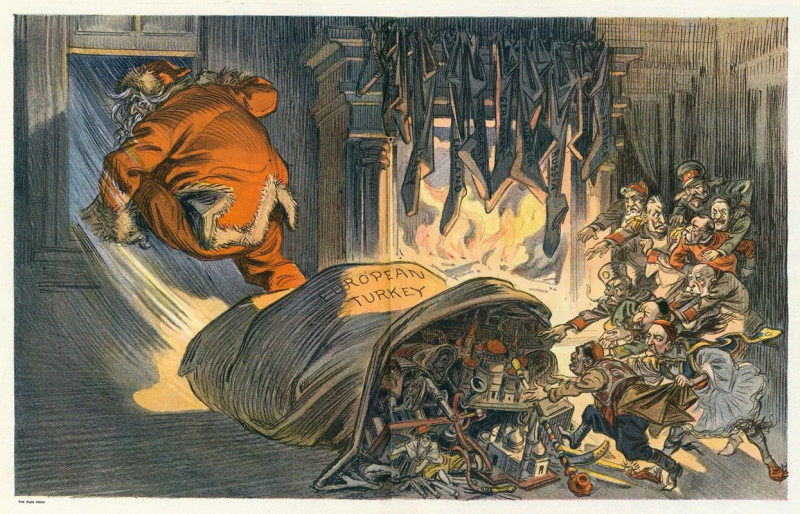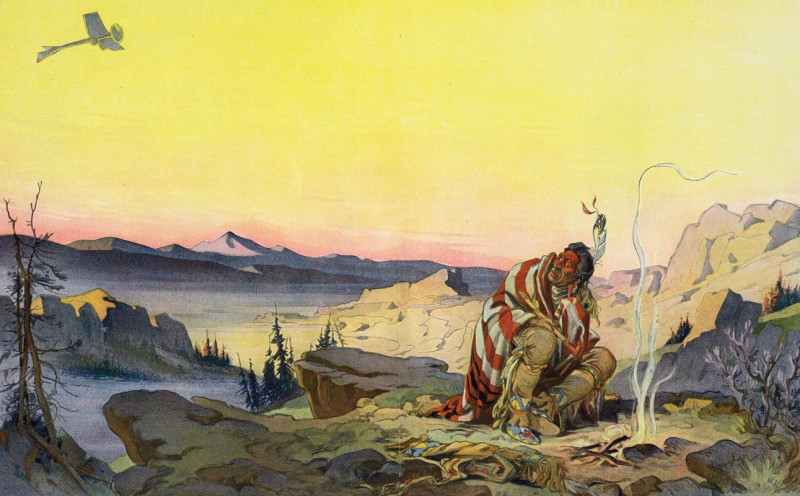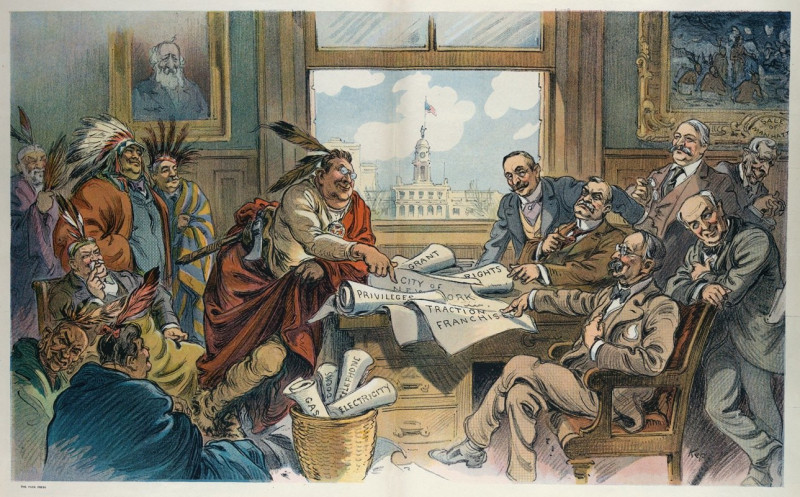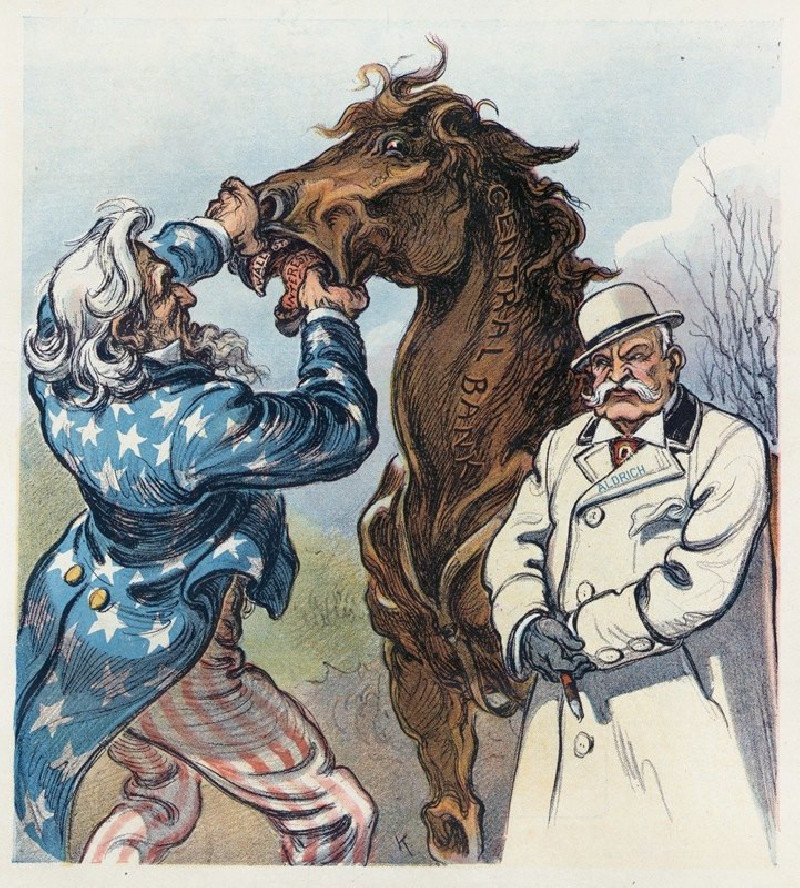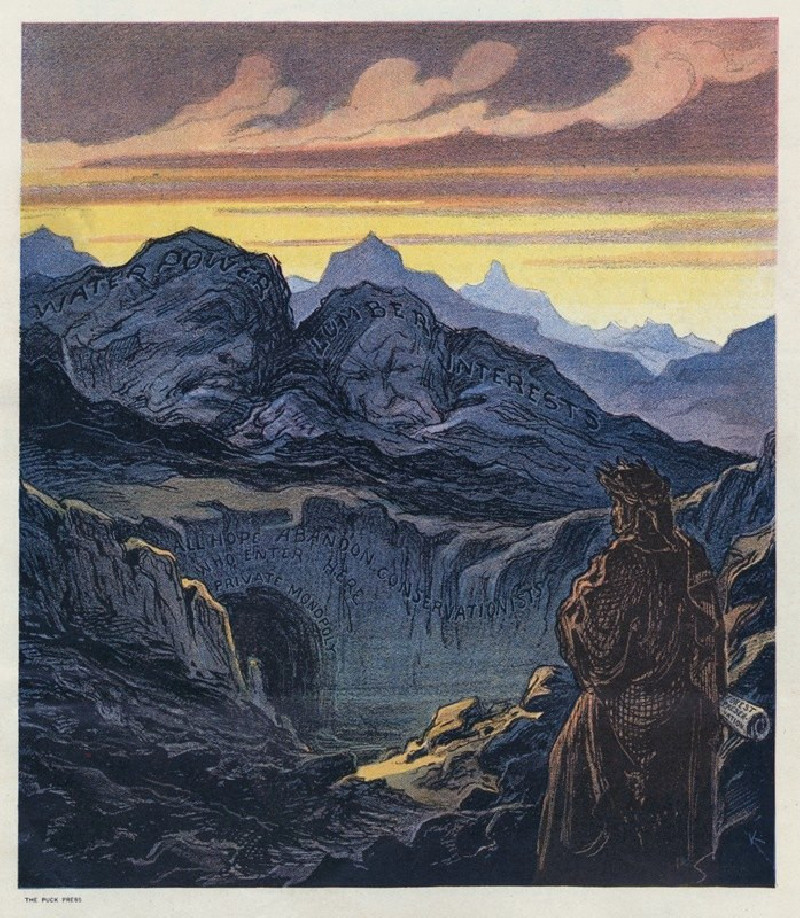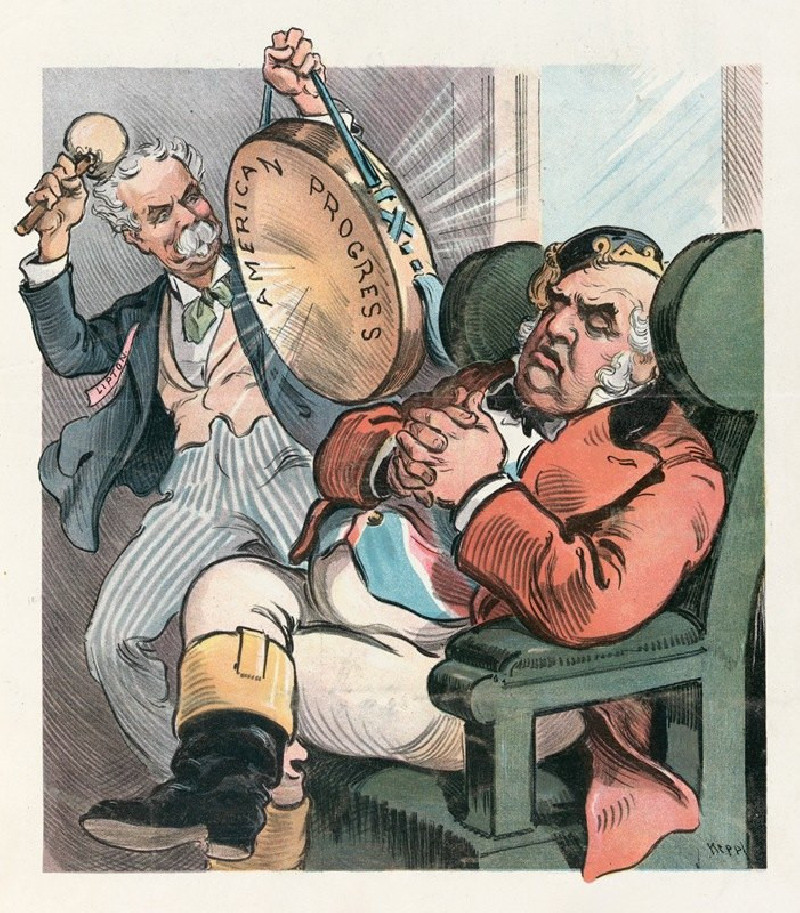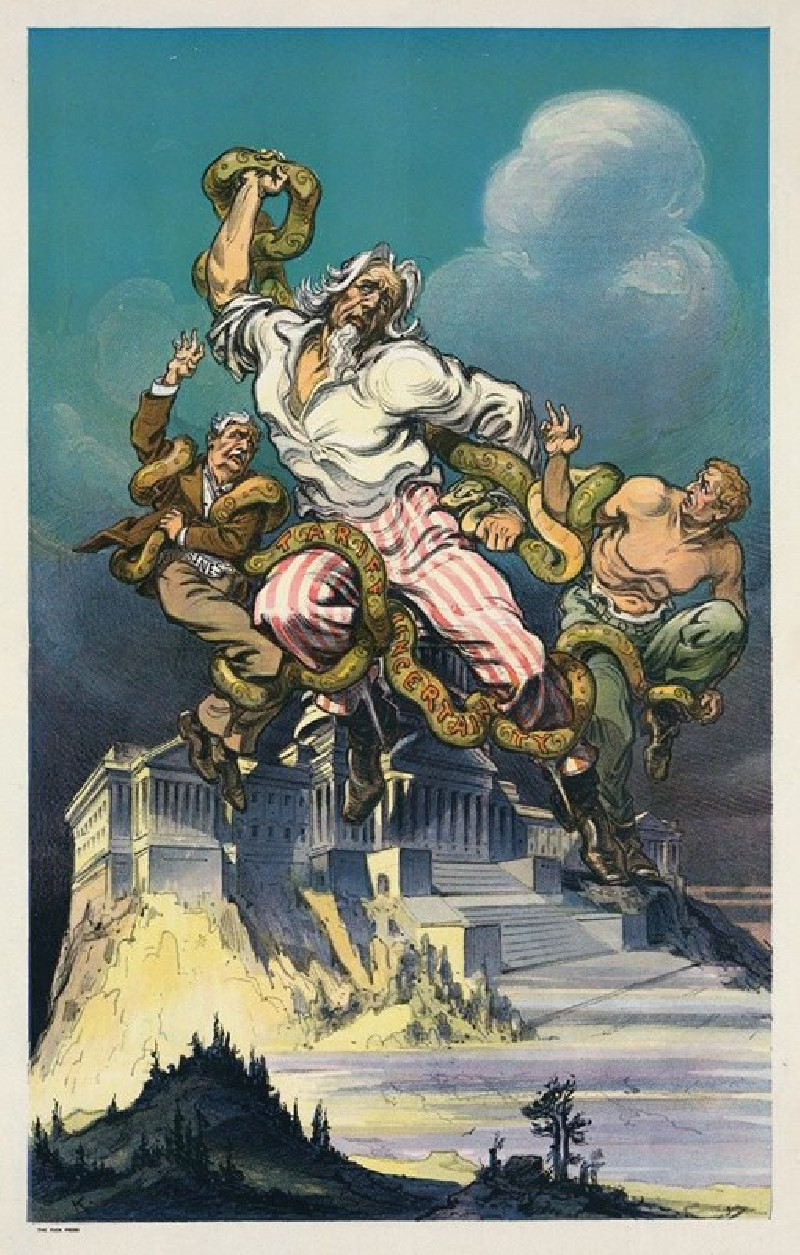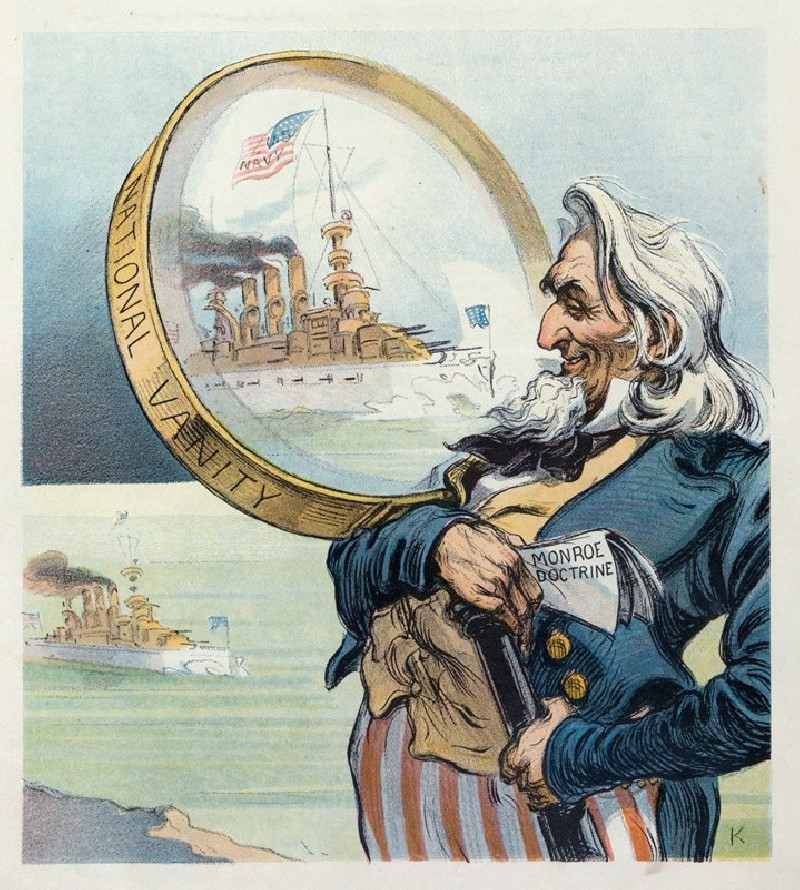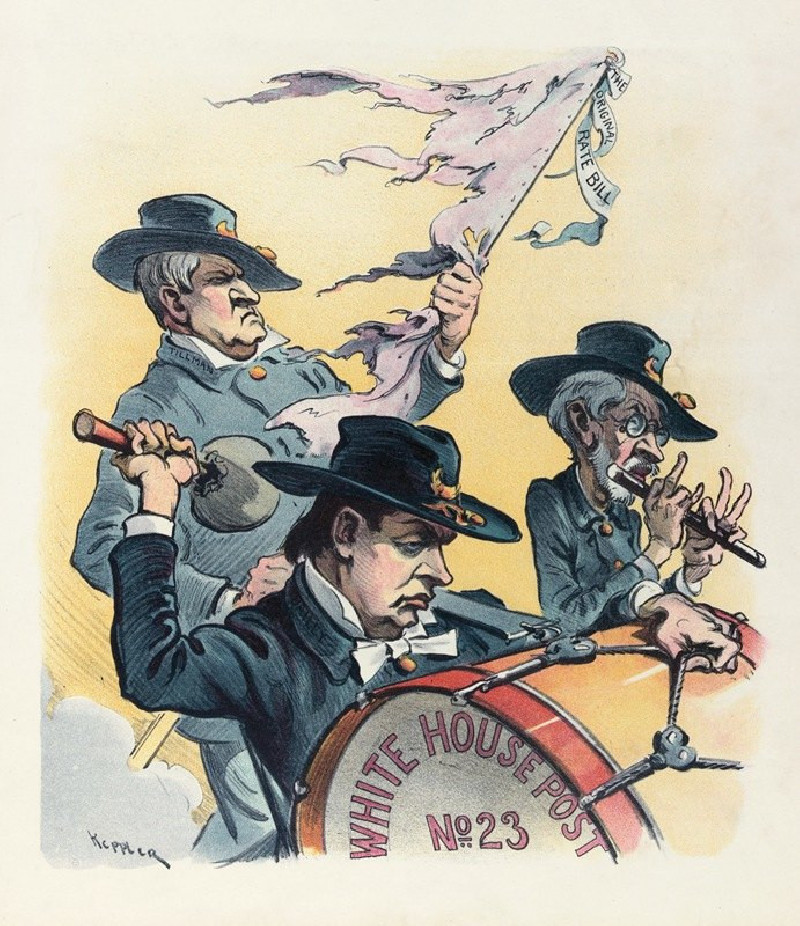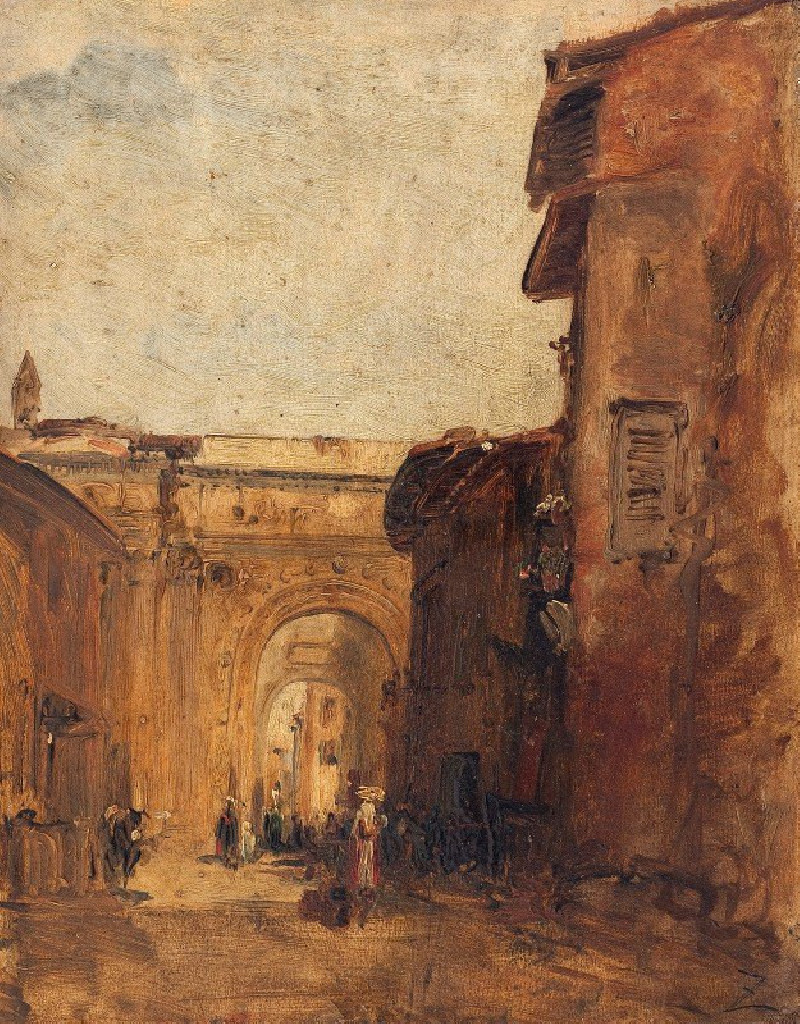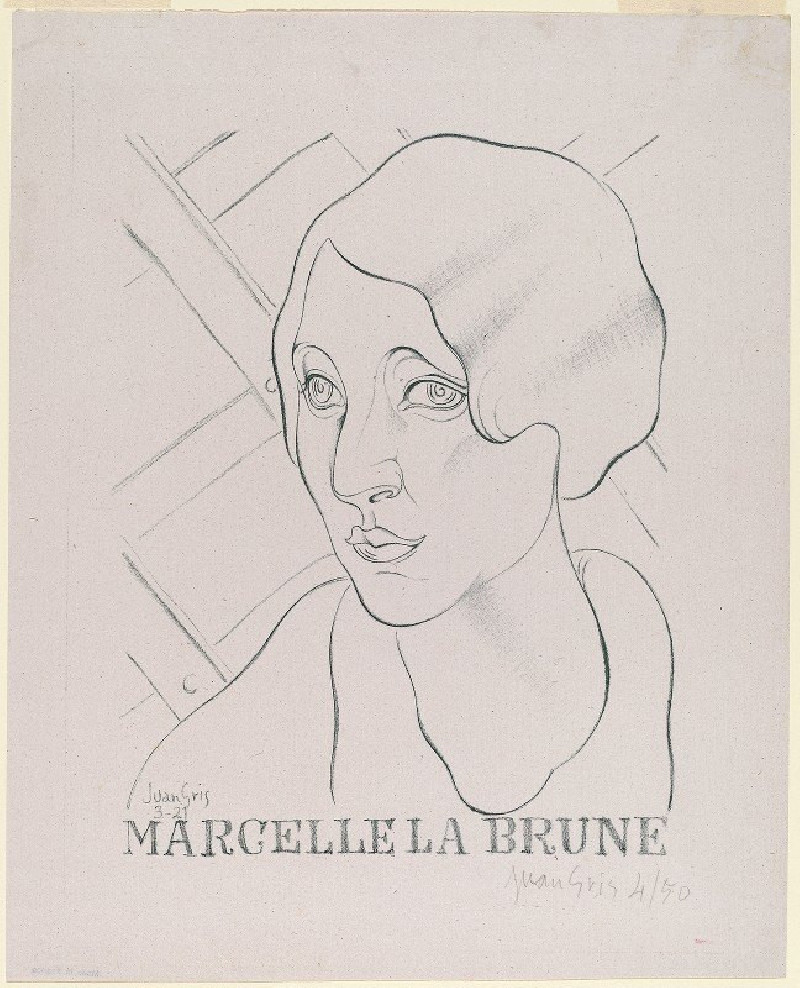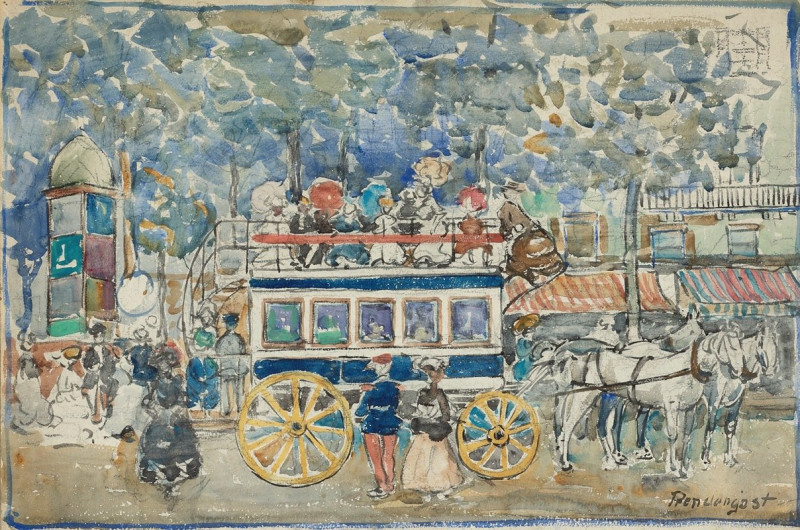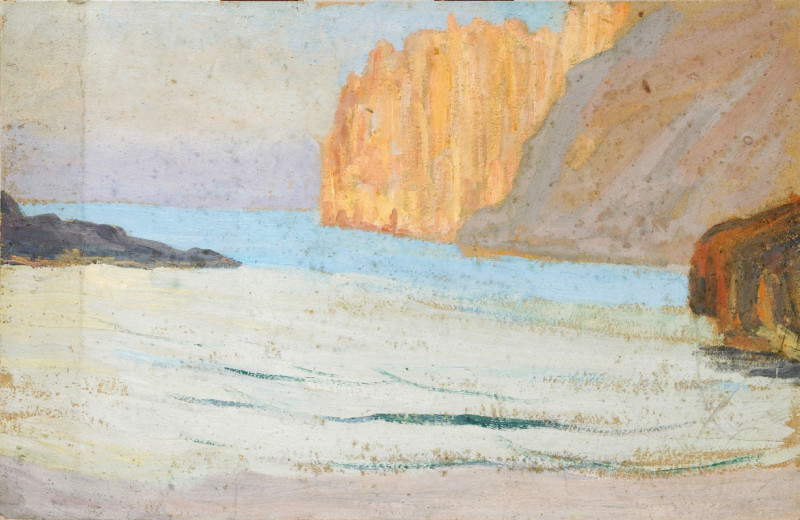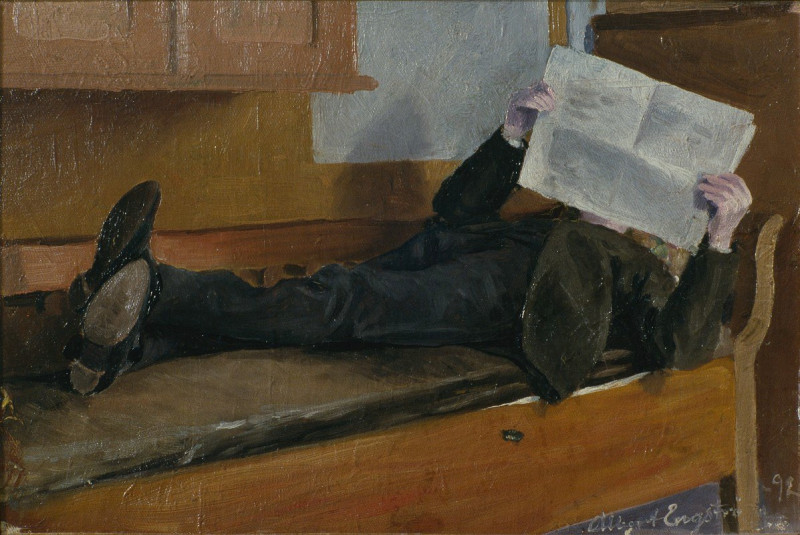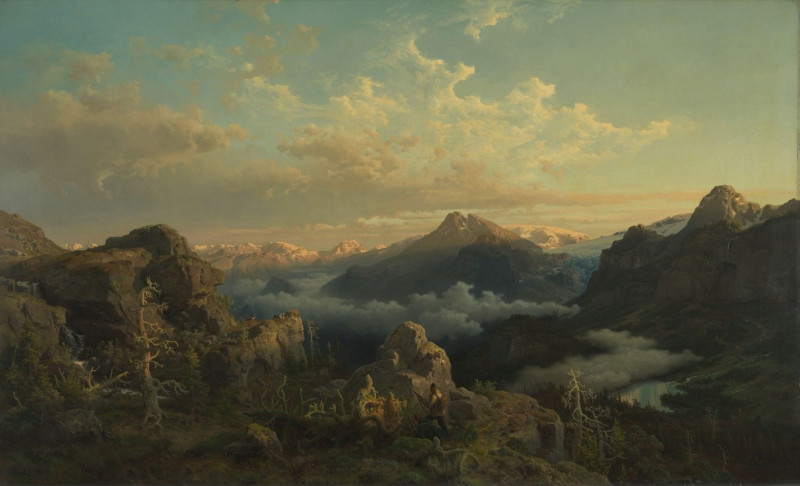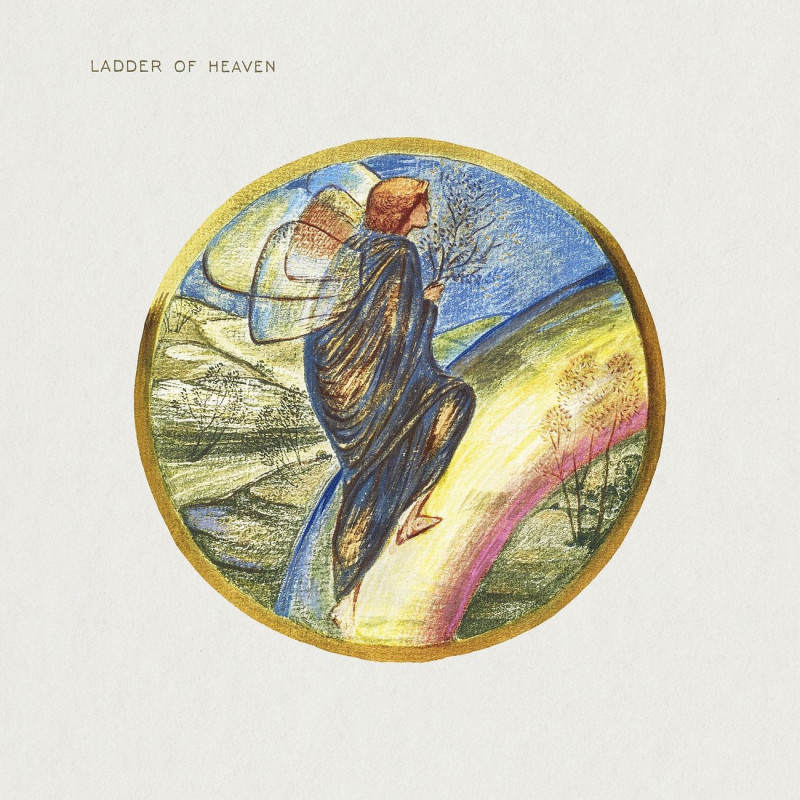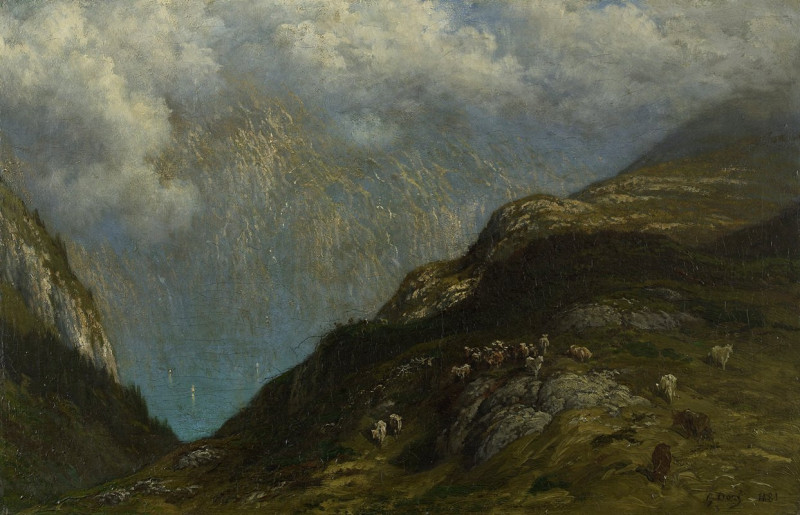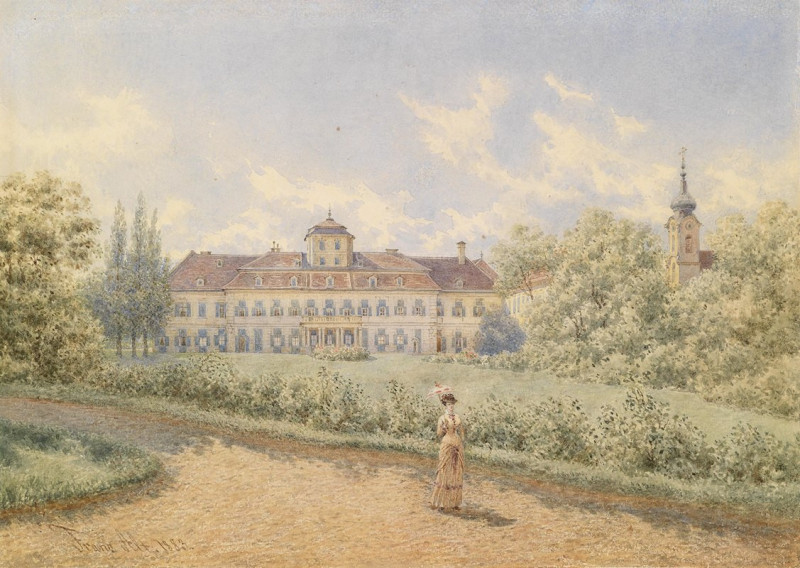The thick-skin variety (1906)
Technique: Giclée quality print
Recommended by our customers
More about this artwork
"The Thick-Skin Variety" by Udo Keppler, painted in 1906, presents a satirical view of political figures through the use of visually striking symbolism. In this artwork, we find two giant, wrinkled, lemon-like forms seated on the desks typically occupied by U.S. senators, overtly dominating the scene. These lemons carry tags with inscriptions: one reads "Compliments of New York" while the other flaunts "The Empire State."The choice of lemons likely represents sourness or difficulty, possibly alluding to political challenges or criticisms during that era. The exaggerated size of these lemons suggests the overwhelming nature of these issues, overshadowing the actual senators, depicted with normal, human-sized heads.In the background, the faintly sketched architecture within the piece hints at the United States Senate Chamber, a place where significant national decisions are made, further emphasizing the gravity of the commentary made by Keppler on political proceedings of his time.
Delivery
Returns
Udo J. Keppler, since 1894. known as Joseph Keppler, Jr., was an American political cartoonist, publisher, and Native American advocate. The son of cartoonist Joseph Keppler (1838–1894), who founded Puck magazine, the younger Keppler also contributed to cartoons, and after his father's death became co-owner of the magazine under the name Joseph Keppler. He was also a collector of Native American artifacts.

